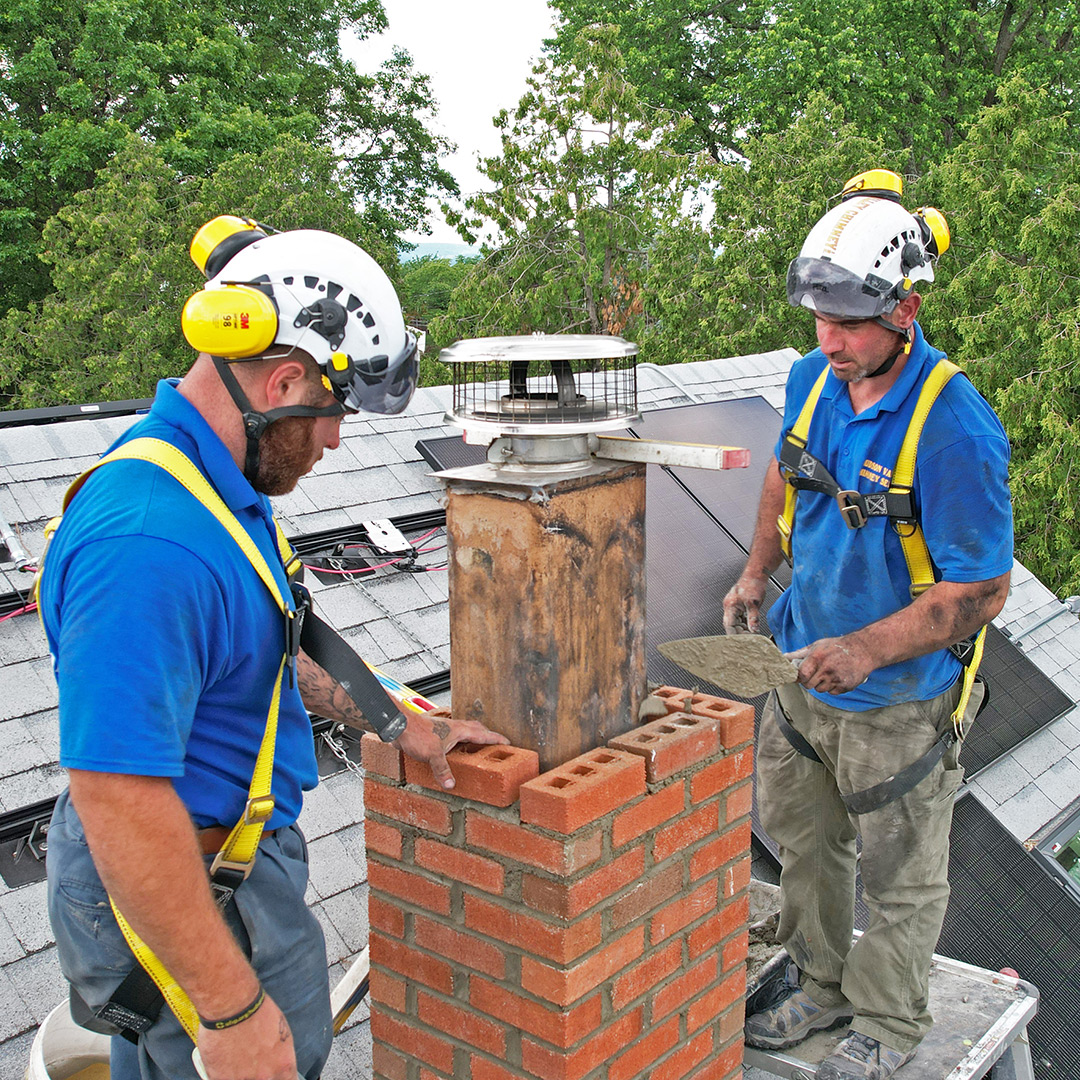Top Quality Paver Installation Services to Change Your Outdoor Area
Opening the Secrets of Sustainable Masonry Building Practices for Eco-Friendly Structures
In the realm of modern-day building and construction, the pursuit of lasting practices has come to be critical. Among the myriad techniques to eco-friendly structure, sustainable masonry building attracts attention as a reliable and resilient approach that holds a riches of untapped possibility. From the option of materials to innovative construction techniques, the secrets to achieving sustainability within stonework construction are complex and intriguing. By exploring the benefits, products, methods, and future trends of sustainable masonry, a deeper understanding of just how these practices can form the future of eco-friendly structures emerges.
Benefits of Sustainable Stonework Building And Construction
Welcoming sustainable stonework building techniques not only reduces ecological influence but likewise provides long-term economic advantages to builders and areas. By utilizing materials like recycled blocks, blocks, and stones, contractors can substantially decrease the carbon impact of their jobs while advertising source performance. In addition, sustainable stonework construction methods, such as appropriate insulation and thermal mass residential properties, can improve power efficiency within buildings, leading to reduced functional prices gradually.
Furthermore, the sturdiness and strength of masonry frameworks contribute to long-lasting economic benefits. Buildings built utilizing sustainable stonework practices often need less maintenance and repair work, equating to cost savings for builders and homeowner. The long life of masonry materials also ensures that structures remain secure and secure, decreasing the demand for frequent improvements or substitutes.
Eco-Friendly Masonry Products
Utilizing environment-friendly stonework products is a crucial action towards enhancing the sustainability of building and construction methods and decreasing ecological impact while optimizing long-lasting economic benefits. Lasting masonry products are sourced, created, and utilized in a manner that reduces total ecological effect. Lasting concrete blocks incorporate recycled accumulations and might include better insulation residential or commercial properties, contributing to power effectiveness in buildings.
Additionally, natural products like adobe, rammed planet, and straw bales provide exceptional thermal mass residential properties, minimizing the requirement for heating and cooling down energy. These materials are usually locally readily available, advertising local economic climates and decreasing transportation-related carbon exhausts. By choosing green masonry products, construction jobs can substantially minimize their environmental footprint and add to the production of much healthier, more lasting developed settings.
Energy-Efficient Stonework Techniques
Power efficiency plays an essential role in boosting the sustainability of masonry construction techniques. One key energy-efficient stonework method is the use of thermal mass, which entails integrating thick products like concrete or block into the structure's structure to soak up and keep warmth.

Technologies in Sustainable Masonry
Current advancements in lasting masonry techniques have actually brought around innovative techniques that are improving the building and construction industry. One such innovation is the more advancement of self-healing concrete, which uses microorganisms embedded within the concrete to recover fractures autonomously. This innovation not only decreases maintenance costs but also enhances the toughness of stonework frameworks, adding to their sustainability.
An additional significant development is the use of recycled accumulations in stonework construction - masonry contractor. By integrating materials such as smashed ceramic waste or recycled glass right into concrete mixes, building contractors can lower the environmental impact of building projects while keeping architectural honesty. This practice not only diverts waste from land fills yet also conserves natural deposits, making it a crucial innovation in sustainable masonry building and construction
Additionally, the combination of digital style tools, such as Building Info Modeling (BIM), is changing the method masonry frameworks are intended and built. BIM allows for more accurate computations, reduced material wastage, and enhanced power effectiveness, eventually bring about even more sustainable building techniques. These innovations jointly indicate an encouraging future for sustainable stonework building and construction in the era of eco-friendly structures.
Future Trends in Masonry Sustainability
With the he has a good point cutting-edge strides made in sustainable masonry methods, the future trends in masonry sustainability are positioned to further revolutionize the building and construction industry. Among the essential trends forming the future of stonework sustainability is the enhanced integration of innovation. Innovations such as Building Information Modeling (BIM) and digital reality simulations are being used to enhance stonework building and construction processes, leading to reduced product waste and enhanced power efficiency in structures.
Moreover, the advancement of novel sustainable materials is readied to play a substantial function in improving the eco-friendliness of masonry construction. masonry contractor. Developments like self-healing concrete, recycled aggregates, and bio-based binders are getting traction for their capability to decrease ecological impact while preserving structural integrity

Conclusion
To conclude, lasting stonework construction techniques use many advantages for environmentally friendly structures. By using environment-friendly materials and energy-efficient techniques, masonry can add to a much more sustainable built environment. Developments in sustainable stonework are continually being created to better boost the environmental efficiency of structures. Looking towards the future, the trend of stonework sustainability is anticipated to expand, leading to more eco pleasant and energy-efficient construction practices in see this site the years to come.